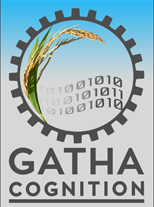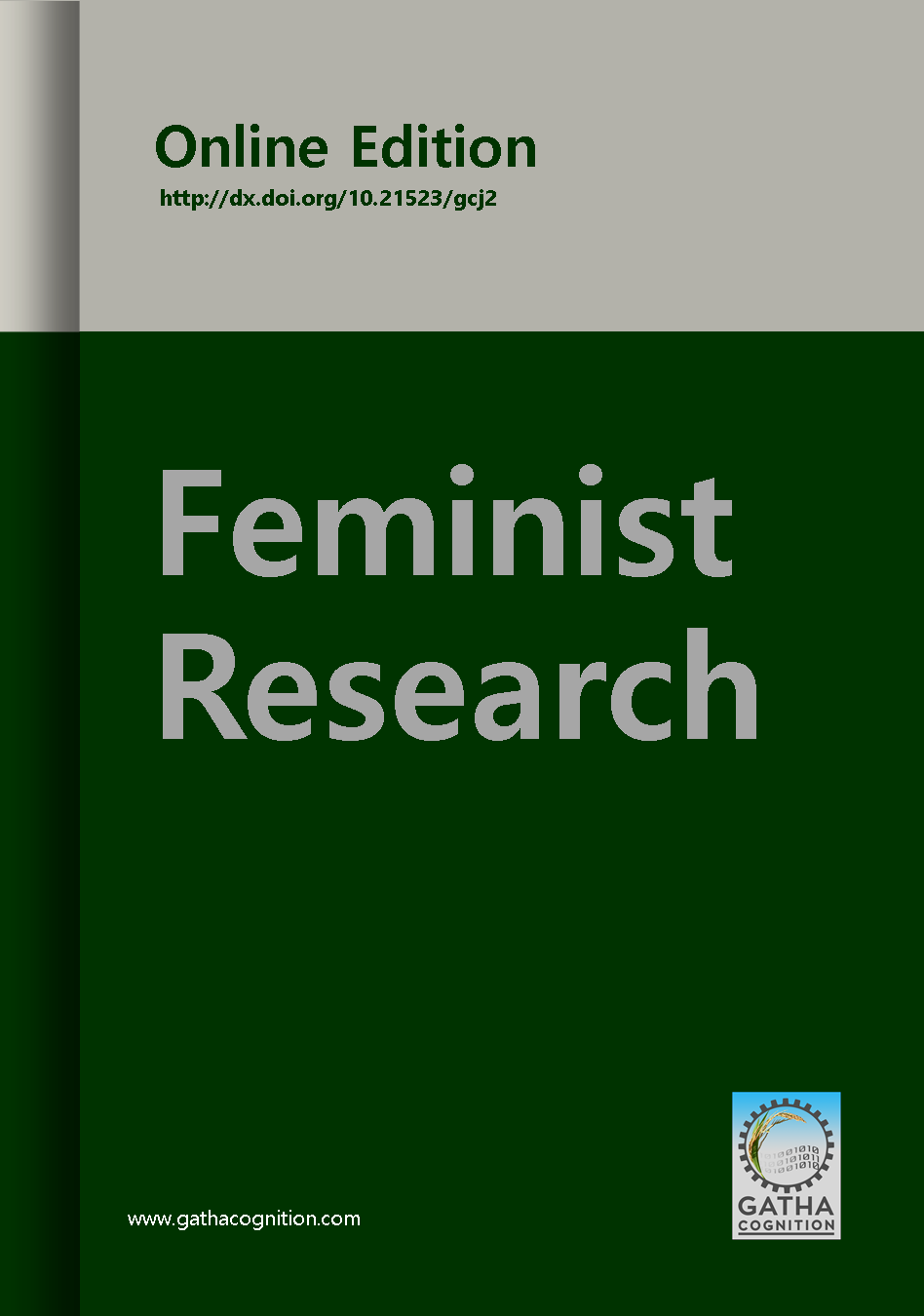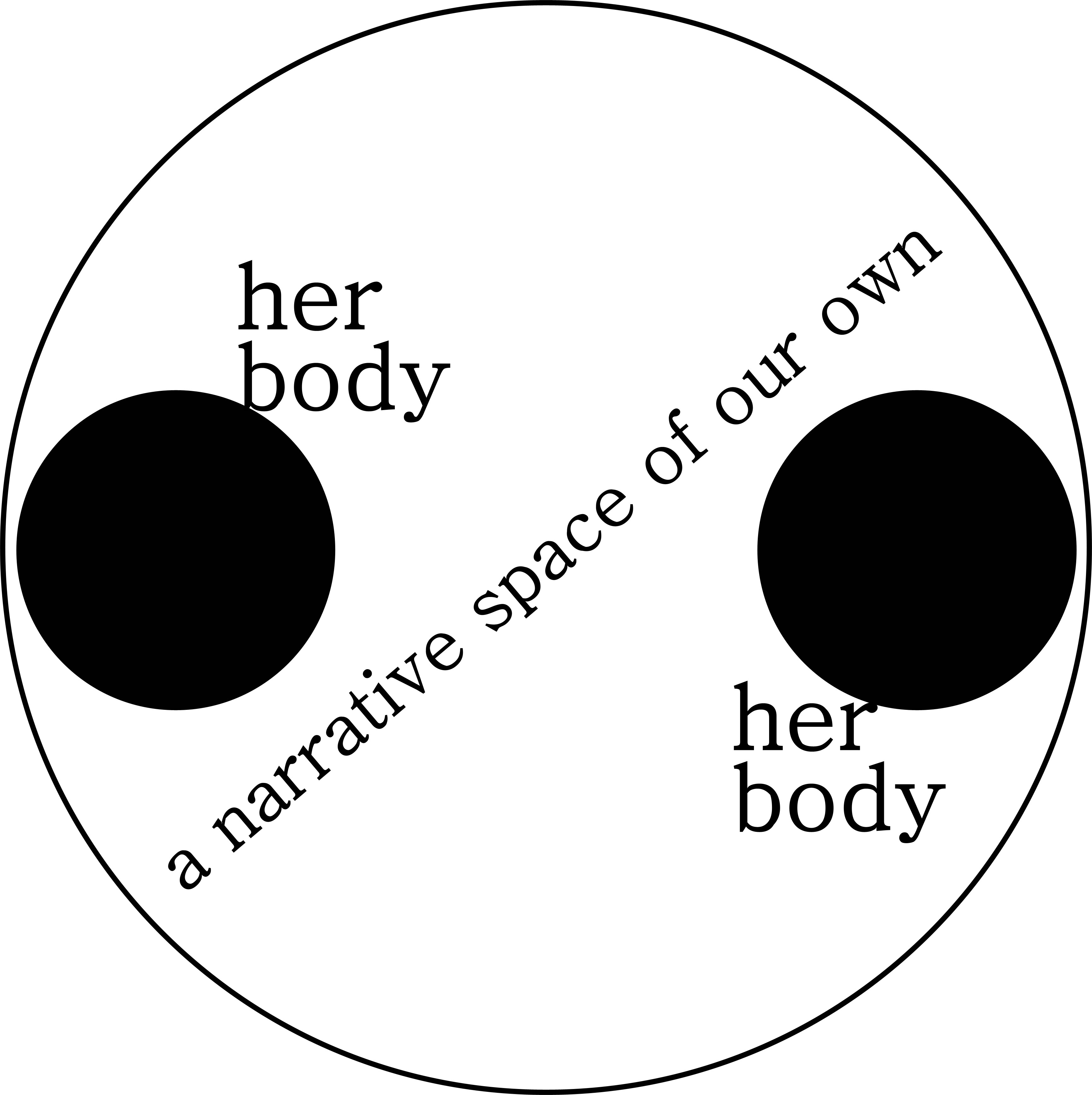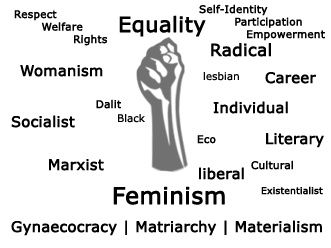Article Title :
Examining the Social Situation of Rural Women in Taounate Province, Northern Morocco 
7 (2023)
31-36
Gender , Girls , Morocco , Rural , Taounate , Women


Gender inequality remains a pervasive problem, with cultural, traditional and ideological factors as well as religious interpretations, contributing to differences and inequalities between men and women. These differences can lead to gender disparities in the division of labor and the undervaluation of women’s contributions in various aspects of life. This study aims to explore the social situation of rural women in Morocco, with a particular focus on the Taounate Province in the country’s northern region. The paper investigates whether rural women and girls have been adequately considered in governmental actions and development initiatives, and if so, whether these initiatives effectively benefit them. Additionally, the study assesses how these actions may contribute to or hinder the success of development in rural areas. Ultimately, this research sheds light on the challenges and opportunities are faced by rural women in Taounate Province and provide insights into potential solutions to address the gender disparities that continue to exist in these communities.
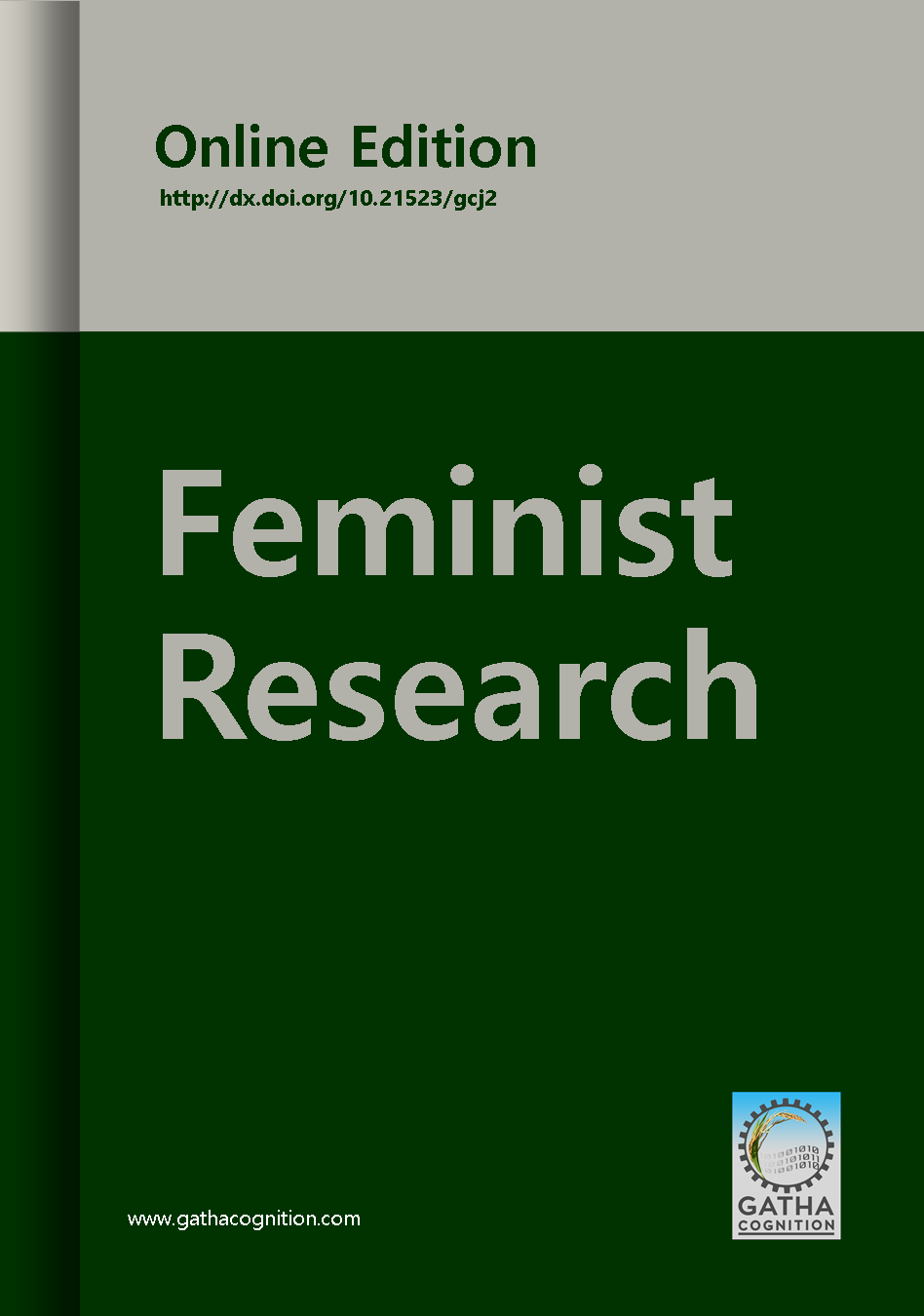
What strategies can be employed for enhancing the capabilities of rural women and girls to transform their current circumstances?
The paper focused for identifying the key impediments to the success of human development projects in Taounate.
Most statistical reports are unveiling the reasons behind the underrepresentation of rural women and girls.
Despite the implementation of numerous literacy campaigns explores the persistence of female illiteracy in certain rural areas.
Abdelkrim-Chikh, R., 1982. Les Femmes à la Campagne: Quelle Formation Et Quel(s) Emploi(s)? Exclues du Système de Formation, Sont-elles des Ménagères ou une Armée Active ‘Refoulée. In, C. Bernard, (et al.). (Eds.). La Politique de l’Emploi-Formation au Maghreb, 1970-1980. Paris: CNRS Editions, 325-343.
Agnaou, F., 2004b. Literacy, Gender and Development in Morocco. In, M. Ennaji, (Dir.) Société Civile, Genre et Développement Durable. Actes du Colloque Internationale Luso-American Foundation (FLAD), 73-80.
Baker, A., 1998. Voices of Resistance: Oral Histories of Moroccan Women. New York: State University of New York Press.
Belarbi, A., 1987. La Représentation de la Femme à travers les Livres Scolaires. In, F. Mernissi, (Ed.). (1987). Portraits de Femmes. Casablanca: Le Fennec.
Belarbi, A., 1991. Le Salaire de Madame. Casablanca: Le Fennec.
Belghiti, M., 1978. Les Relations Féminines et le Statut de la Femme dans la Famille Rurale dans trois villages de la Tessaout. In, Sociological studies on Morocco - Collection of Articles. [Conçu et préparé par Abdelkébir Khatibi].Tanger: Editions Marocaines et Internationales, 289-361.
Belloncle, G., 1980. Femmes et Développement en Afrique Sahélienne: l’Expérience Nigérienne d’Animation Féminine, 1966-1976. Dakar: Les Nouvelles Editions Africaines.
Benrahmoune, I. Z., 1997. Femmes et Forêts: cas du Rif Centro-occidental. In, L’aménagement du territoire et le développement de l’économie de montagne en Méditerranée: le Cas du Maroc Méditerranéen: Actes de la Septième Rencontre de Tétouan - 4 and 5 octobre, 1996, [organisée par le Groupement d’études et de recherches sur la Méditerranée]. Casablanca: Le Fennec.
Chiapuris, J., 1979. The Ait Ayash of the High Moulouya Plain: Rural Social Organization in Morocco. Michgan: Ann Arbor.
Crapanzano, V., 1980. Tuhami: Portrait of a Moroccan. London: University of Chicago Press Ltd.
Davis, A. Y., 1983. Women, race, and class. Vintage eBooks.
Ennaji, M. and Sadiqi, F., 2008. Migration and Gender in Morocco. The Impact of Migration on the Women Left Behind. Trenton, NJ: The Red Sea Press.
Karoui, N., 1989. Rôles et Statuts des Femmes Rurales: Exemple des Iles Kerkenna. In, Revue Tunisienne de Sciences Sociales, 96-97, 27-66.
Loutfi, M. F., 1980. Rural Women: Unequal Partners in Development. Geneva: ILO.
Mernissi, F., 1988. Femmes Partagées Famille – Travail. Rabat: Le Fennec.
Sadiqi, F., 2003. Women, Gender and Language in Morocco. Leiden and Boston: Brill Academic Publishers.
Senhaji, F., 1995. Femmes et Energie en Milieu Rural. In, Energie, Environnement et Développement Rural. Journées [tenues] les 14-15 décembre 1995 à l’Institut agronomique et vétérinaire Hassan II / par le GERERE (Groupe d’études et de recherches sur les énergies renouvelables et l’environnement). Rabat: Institut agronomique et vétérinaire Hassan II.
Zahid, F. and Hamdane, K., 2004. Les Femmes Rurales et l’Analphabétisme Vécus et Représentations. In, F. Sadiqi, (Dir.). (2004). Femmes et Développement: Travaux du Colloque International. Fès, 10-11-12 Novembre 2000. Rabat: Publications Centre Tarik Ibn Ziad Phediprint.

